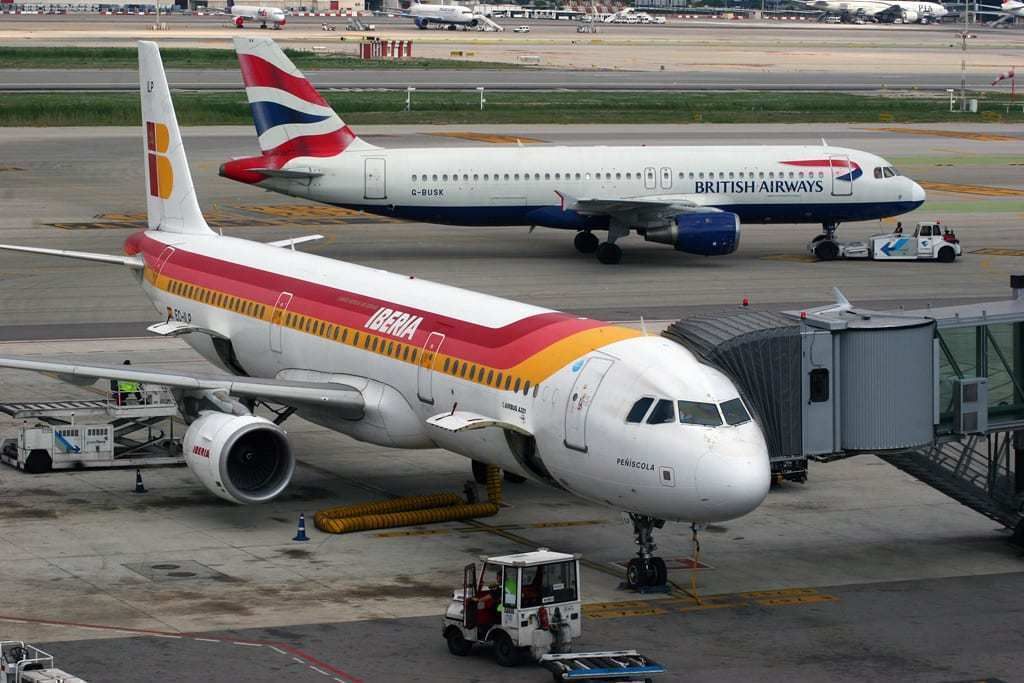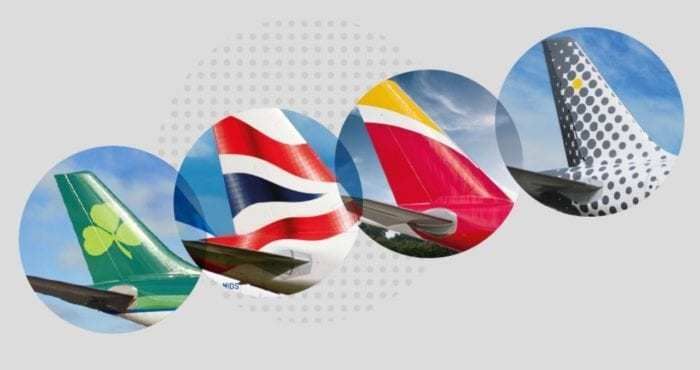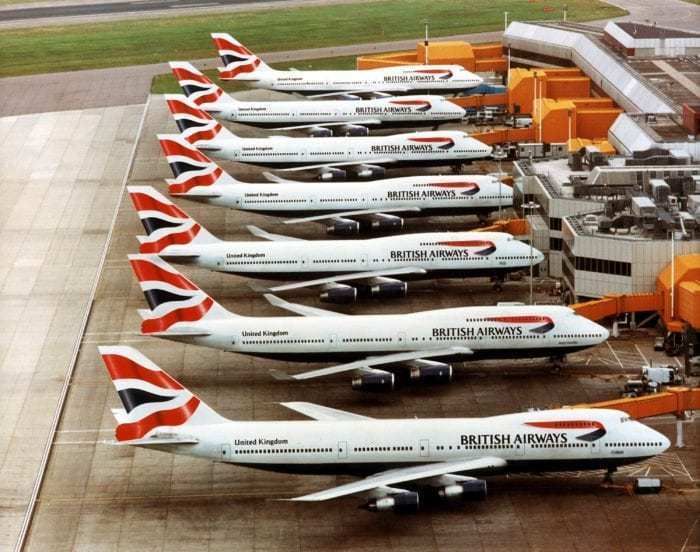IAG, the owner of British Airways, has released its financial results for Q1 of 2019. The results show the airline industry's general problems for the period also affected IAG. However, the focus of the report was a significant 60% drop in the group's profits.
Operating several airline brands throughout Europe, The International Airlines Group saw an operating profit of €135 million for the first quarter. The news caused a slight jump in share price for the group, indicating that investors see it as mainly positive.
Increased revenue, decreased profit
The 60.3% drop in profit sees the group's total profits drop from €340 million for Q1 in 2018 to just €135 for Q1 of 2019. This comes despite an increase in passenger revenue and total revenue. In fact, passenger revenue increased by 5.2% from €4,415 million to €4,646 million year on year. Meanwhile, the group's total revenue increased by 5.9% to €5,318 million, up from €5,022 million.
At the same time, the International Airline Group's net debts have decreased. While they stood at €6,430 million at the end of 2018, they now stand at just €5,225 million down by 18.7% in three months.
Addressing the results, Willie Walsh, IAG's CEO gave an uninspiring statement purely giving the facts:
“In a quarter when European airlines were significantly affected by fuel and foreign exchange headwinds, market capacity impacting yield and the timing of Easter, we remained profitable and are reporting an operating profit of €135 million. At constant currency, non-fuel unit costs were down 0.6 per cent while passenger unit revenue decreased by 1.4 per cent.”
IAG strategy
In its Q1 report, IAG looked back on its strategy which could have affected the airline's finances. It confirms that it did indeed sell its 3.9% share in Norwegian after the airline refused multiple purchase offers. Additionally, IAG goes on to highlight the number of orders the airline group has made.
It specifically addresses the Boeing 777X aircraft order. This was placed for a total of 18 firm orders and 24 options. Between 2022 and 2025, these aircraft will replace 18 Boeing 777-200 and 14 Boeing 747-400 aircraft which are due to be retired.
Capacity increase
IAG has seen a reasonable increase in capacity, largely driven by Spanish flag carrier Iberia. IAG measures their capacity in available seat kilometres. A formula is used to measure the total of how many kilometres each seat in the airline's fleet travels. The available part means that it is possible to book the seats.
As such, the empty British Airways Boeing 747 flights between London and Dublin would not count. Total available seat kilometres increased by 6.1% to 75.4 billion, up from 71.1 billion last year.
IAG hasn't broken down individual capacity for each airline, however, it has stated the increase each airline saw:
- Iberia saw the biggest increase of a single airline at 11.1%;
- Together, LEVEL and Aer Lingus saw an increase of 14.2%;
- Vueling saw an increase of 4%;
- Meanwhile, British Airways saw an increase of merely 1.5% in capacity.
What do you think of IAG's Q1 results? Let us know in the comments!



